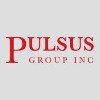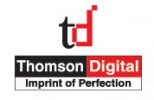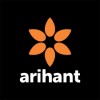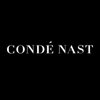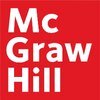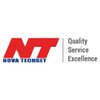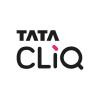14 Navabharat Press Jobs

Revenue Manager
Navabharat Press
posted 3+ weeks ago
Job Role Insights
Fixed timing
Key skills for the job
Job Description
Employment Type: Full Time, Permanent
Read full job description What people at Navabharat Press are saying
What Navabharat Press employees are saying about work life
Similar Jobs for you
Revenue Manager
8-10 Yrs
Mumbai, Nagpur
Digital Marketing, Data Analysis, Data Analytics +5 more
Head Execution
10-15 Yrs
Nagpur
Project Management, Adams, Civil Project Management +6 more
Content Writer
2-5 Yrs
Nagpur
Content Writing, Journalism, Digital Content
Assistant Manager - Marketing
7-8 Yrs
Nagpur
Salesforce, Sales Management, Market Research +5 more
Commercial Head
20-25 Yrs
Nagpur
Civil Engineering, Costing, Supply Chain Management +5 more
Project Manager
8-10 Yrs
Nagpur
Civil Engineering, Project Management, Construction +4 more
SEO Executive
5-10 Yrs
Mumbai
Digital Marketing, SEO, Social Media Marketing +1 more
Vidarbha Sales & Marketing
5-7 Yrs
Nagpur
Software Configuration Management, Salesforce, Advertising +1 more
Digital Operations Manager
5-7 Yrs
Mumbai, Nagpur
Digital Marketing, Software Configuration Management, Costing +5 more
News Editor
8-10 Yrs
Mumbai, Nagpur
Software Configuration Management, Proof Reading, Social Media Marketing +5 more









